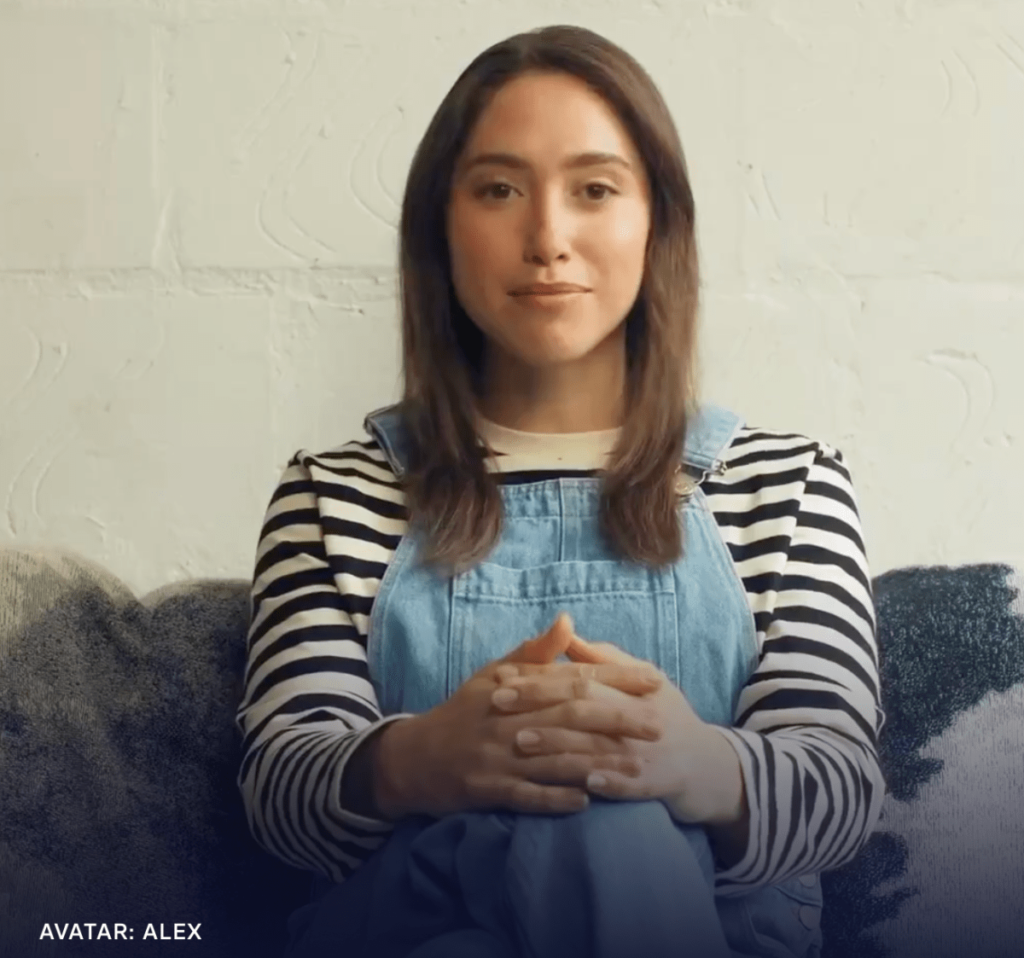As the world continues to work out how to handle the explosion of deepfake content online, it appears that not all AI-created videos are generating controversy. synthesisA London startup that creates products around highly realistic AI avatar technology, says it is a big hit with businesses, with around 60,000 of them (1 million users) using the technology to create avatar-based videos from text documents, to sales and marketing, to training and more.
Now venture capitalists want in on the action, too. Synthesia has confirmed today that it has closed a financing round of $180 million, a Series D that catapults the company’s valuation to $2.1 billion. NEA is leading the round, with participation from new investors WiL (World Innovation Lab), Atlassian Ventures and PSP Growth, in addition to previous backers GV and MMC Ventures. Synthesia has raised $330 million to date.
The startup plans to use the funds to hire, particularly to expand in Asia Pacific (most of Synthesia’s business today is in Europe and North America) and continue to evolve its products.
“We’re doubling down on all the things we’re already doing well,” CEO and co-founder Victor Riparbelli said in an interview. “We want to improve our avatars.” He said the company’s “long roadmap” includes more realistic moves; being able to move avatars to different environments; avatars that can interact with objects to, for example, perform physical demonstrations; and avatars that can interact with users. It will also eat some of its own internal food by creating more “agents” to help customers create avatar-based content more easily.
One area in which it is not pursuing activity is mergers and acquisitions. To date, Synthesia has not made any acquisitions, and Riparbelli said he prefers to build his technology in-house, as well as using APIs for what he doesn’t build himself. For example, it works with Eleven Labs for speech and uses and tunes a variety of large third-party language models instead of creating your own.
The Synthesia round has been in the works for at least a few months: The Information reported which was raising $150 million in November 2024. For a little more fundraising context, it’s been about 18 months since Synthesia last disclosed funding: In June 2023, it closed a $90 million round. dollars on a billion-dollar valuation with previous backers including Kleiner Perkins and Accelerate.
Meanwhile, AI companies have been a big magnet for venture capitalists, providing a bright spot in a somewhat lackluster funding landscape. AI startups accounted for more than 37% of the $368.5 billion invested in all startups in 2024 globally, according to data from PitchBook. In the United States, the proportion was even starker: AI startups earned almost 50% of the $209 billion invested last year.
And yes, problems abound in the field of AI. The energy consumption required to train and run AI models, the main copyright issues related to how models are trained, the use of AI as a weapon such as in the case of deepfakes or malicious hacking, AI replacing humans and their work, and AI making mistakes, these are all huge problems that have not yet been solved in any meaningful way. But there are also some important advocates who will propel the AI industry to even greater and more hyped heights. Synthesia was one of the companies whose name was reviewed by the UK government this week when it launched its big AI action plan, intending to hand out billions in deals to AI companies to rebuild public services and the economy.
Synthesia says it now has 60,000 businesses as customers, up from 50,000 in June 2023, and has aimed to carve out a niche in the space as a go-to platform for businesses looking to develop their video interactions.
It does so at a time when advanced AI video functionality is becoming more common. There are startups working on the ability to extrapolate full product videos from basic documents, while others aim to create avatars capable of real-time interactions and real-time video assistants. Some claim to be able to create realistic avatars of their users from just a minute of video. (A simple test to see how saturated the market is here is to put Synthesia on Google and see how many companies are buying search ads under its name. There are a lot.)
Synthesia is not immune to the product race. It has been building a “2.0” version of its platform for some time now and has already released a number of related features, including its own version of personal avatars that users can create with a laptop or phone camera that show emotions; to Chrome extension which creates basic videos based on screen data; your own version of a AI Video Assistant which can convert documents into videos; multi-language options; and collaboration features for people to edit a video simultaneously.
More to the point, however, Riparbelli believes the company has an advantage by focusing squarely on enterprise users, and its investors say that’s what makes the startup attractive.
“Synthesia is one of the few AI companies that can take cutting-edge AI and translate it into something with real utility,” Vidu Shanmugarajah, a partner at Google Ventures in London, said in an interview. “He has an extreme focus on the customer. They are obsessed with driving value in a practical environment. Bringing all of that together into a platform that is secure and compliant is very difficult to achieve.”
It’s also interesting to see Atlassian investing in this round. The company has been injecting AI functionality into its various apps, and it seems only a matter of time before a platform like Jira starts adding more video tools to that mix, opening the door to a collaboration with its portfolio company.

